Single-core UL and Europe Electronic Wire?
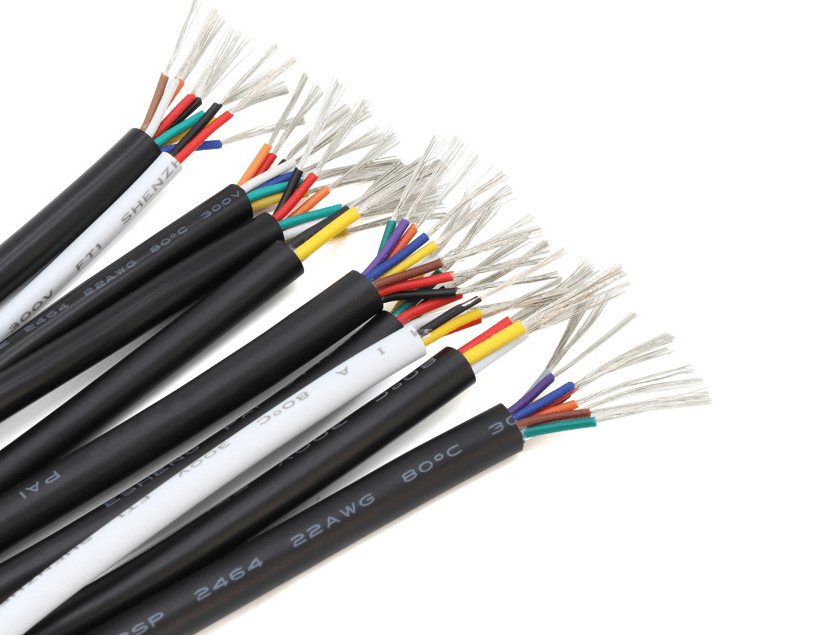
What is single wire ? The term "single core wire" is often heard, but what exactly is it? Let's explore this ubiquitous component, present in almost every aspect of our lives, from its definition and applications to its advantages. A single core wire is an electrical wire consisting of a single conductor encased in insulation. The conductor is typically made of bare copper or copper plated with tin, silver, or nickel. The insulation is commonly made of PVC, but other materials can also be used. The conductor structure can be stranded or solid copper, depending on customer requirements. From simple circuits to complex telecommunication systems, from high-tech products to simple electronic devices used in our daily lives, single core wires are indispensable. The primary difference between single core wires and multicore cables lies in the number of conductors used. UL Standard Single Core Wires UL 1015 - Single Core PVC Insulated Wire Description: Wires using PVC as insulation material are suitable for use in dry locations. Applications: UL1015 hook-up wires are suitable for use in control circuits, appliances, and other electrical equipment. UL 1007 - Single or Stranded PVC Insulated Wire Description: Like the 1015, UL 1007 wire also uses PVC as its insulation material. However, 1007 is designed for use in low voltage environments and is more flexible. Applications: Its flexibility makes it often used for internal wiring of appliances and electronic equipment. UL 1569 (Single Conductor) Description: As the name suggests, a single conductor is composed of a single conductor, using a single or stranded 30~10AWG tinned or bare copper. This conductor is flat and flexible, with less restrictions on the use of space. Applications: Commonly found in electronic equipment, automotive applications, and other specialized uses. European Standard Single Core Wires 1....
Read More »What is FPC FFC Cable?
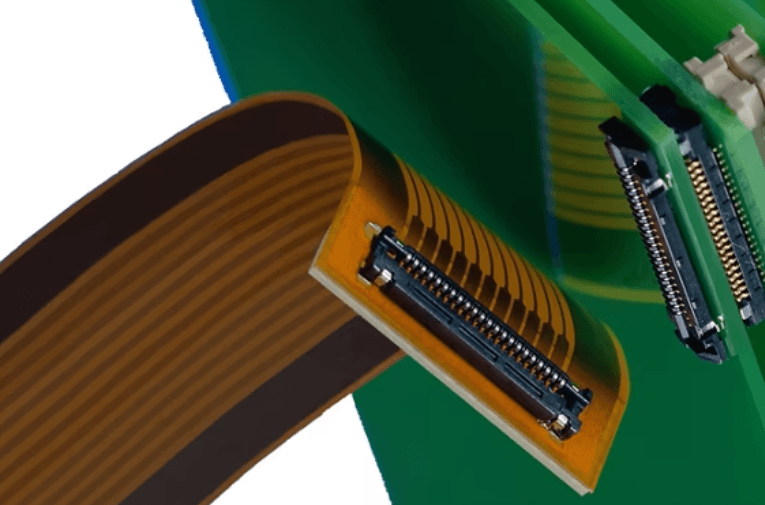
Introduction to FPC and FFC Cables QL-Custom can customize Flexible Printed Circuit (FPC) cables, which can flexibly connect various electronic components. Due to their high flexibility, FPC cables can be used in printed circuit boards, computers, and other space-saving electronic devices. QL-Custom can also customize Flat Flexible Cables (FFC). Similar in application to FPC cables, FFC cables have a different structure. They are in a flat ribbon shape and are suitable for organized wiring solutions. FPC and FFC cables are an indispensable part of electronic devices, ensuring effective signal transmission and connection. Main Differences between FPC and FFC Cables QL-Custom can customize all cables according to your specific needs, whether you need FPC or FFC cables. As mentioned above, the main difference between these two types of cables lies in their structure. The conductors of FFC cables are mainly copper, which is used as the conductor for many wire boxes and cables because of its good conductivity and flexibility. In contrast, the conductors of FPC cables use thinner copper foil or metal sheets, allowing FPCs to be flexibly used in complex designs or in spaces that are more compact. QL-Custom can provide appropriate recommendations on when and where to use FPC cables and FFC cables based on the actual needs of your project. For example, if your application requires high flexibility and compact design, FPC cables would be the better choice. However, if you simply need a straightforward connection, FFC cables would suffice. A good understanding of the differences between these cables makes it easier to make the right choice when selecting the appropriate cable for your electronic project.
Read More »What is Flat Ribbon Cable?
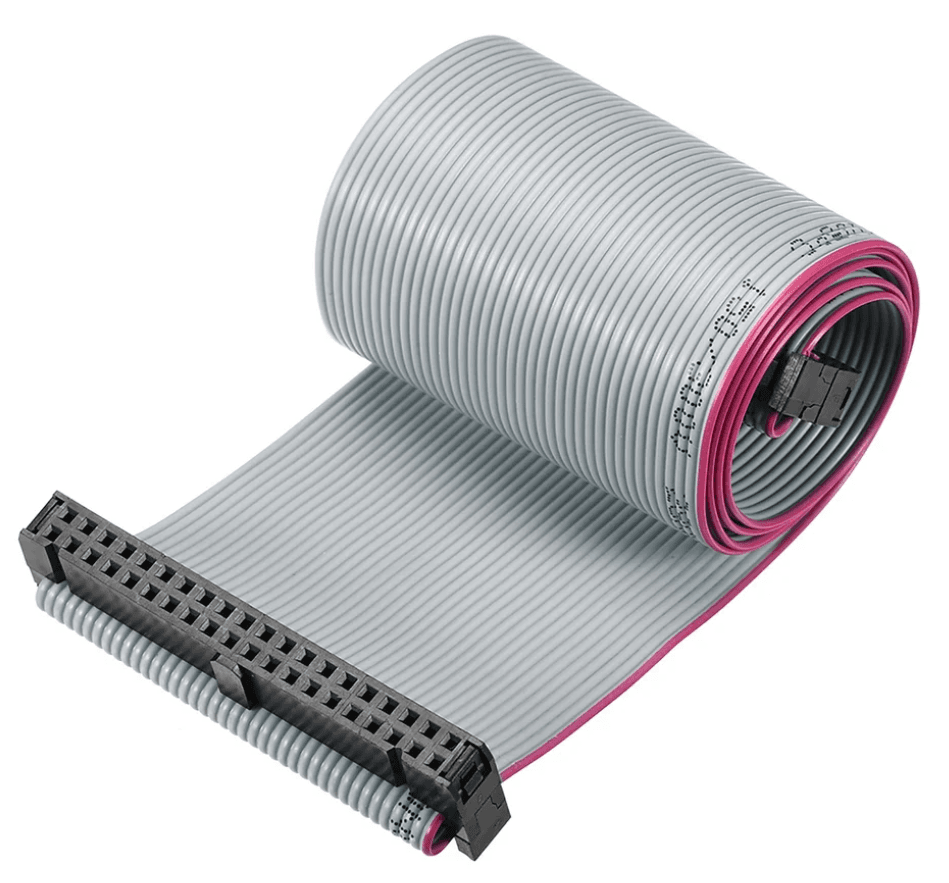
Introduction to Flat Ribbon Cable Flat ribbon cable is usually connected by multiple electronic wires in parallel. This structure could simplify the harness design of the overall circuit and improving space utilization. Flat ribbon cable is generally used in computers, printers and other equipment that require compact and flexible wiring. Therefore, flat ribbon cable is also one of the most common types in QL-Custom customized wiring harness solutions. Types of Flat Ribbon Cables There are different types of flat ribbon cables to suit different scenarios. One of the most common types in QL-Custom's custom cases is the IDC (Insulation Displacement Connector) flat cable harness. Its biggest feature is that the connector can be quickly and easily terminated without stripping the insulation of individual wires, which makes it very time-saving and efficient in production. Another common form of flat ribbon cable is multi-core cable flat cable. Compared with single-core wiring, this type of wiring harness can transmit more signals in the same time and is suitable for more complex data communication and control systems. Like ordinary wires, flat ribbon cable are divided into two types: shielded and unshielded. Compared with unshielded ones, the main function of shielded ones is to prevent electromagnetic interference, which is suitable for electronic equipment and scenarios with high requirements for signal anti-interference. Additionally, flat ribbon cable are generally color-marked. In complex scenarios, different colors help people quickly identify and distinguish wires, thereby reducing the possibility of errors during installation and maintenance. What QL-Custom can do for you QL-Custom can customize different ribbon cable solutions including IDC, multi-core cable, shielded or unshielded cables, and color-marked cables to meet your specific needs. Whether you need customization now or in the future, understanding the above cable information will help you choose the right cable.
Read More »Single Wire vs. Multi Core Cable
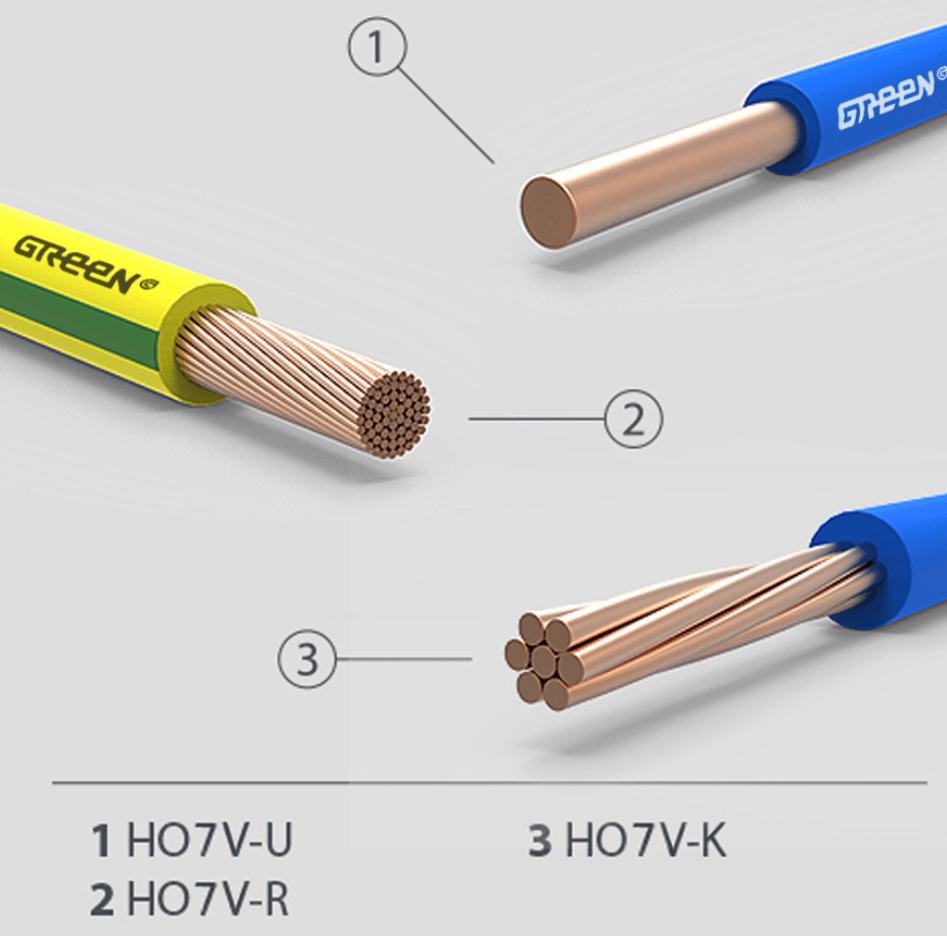
Single Wire vs. Multi Core Cable knowledge base What is single wire? What is multi-core cable? And what are the main differences between them? For friends who need to use wire harnesses in their equipment, it is very necessary and important to figure out these questions. In this article, QL-Custom will explore the characteristics and advantages of Single wire and multi-core cable, and how each type affects performance and different applicable scenarios. Understanding Single wire What is Single wire? Single wire generally refers to a wire with an insulating sheath wrapped around the conductor. The conductor material is usually made of bare copper or alloy copper. Its conductor structure can be a single solid copper or multiple strands of copper wire twisted together. Its common insulation layer materials include PVC, PE, TPEE, silicon, Teflon, etc. Types of Single wire Based on the above different structures of conductor and insulation layer combination, single core wire can be of many types. Examples are as follows: Bare single wire: Wires only made of conductors. It has good conductivity, but since there is no insulation layer, bare wires require special attention to protection during transportation and storage. Insulation Single wire: It is composed of an insulating layer wrapped around a conductor. The main function of the insulating layer is to protect the conductor inside the wire. Common insulating materials include PVC, PE, silicone, TPEE, PP and PFA, FEP, PTFE, which are suitable for different rated temperatures and voltage capacities. Shielded single wire: This type of wire has a shielding layer added between the insulation layer and the conductor. It is a type commonly used in the field of new energy, such as XL-PE double-insulated shielded wire. This type has higher safety and data...
Read More »Which Cable and Wire Brands Are Popular?
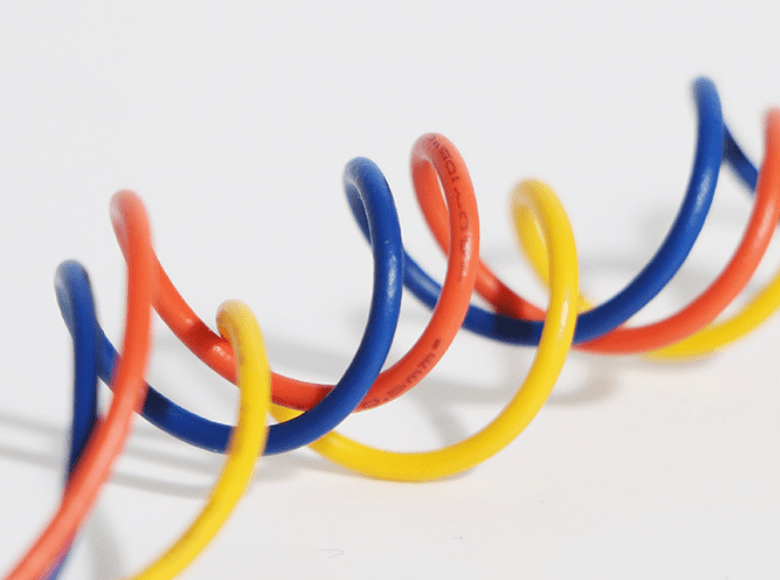
Which Cable and Wire Brands Are Popular? When choosing cables and wires for various applications, brand is an important reference in terms of quality and performance. This article would like to introduce different brands that are widely recognized for reliability and innovation in Europe and North America. Popular Cable Brands in Europe Have you ever heard or familiar with any famous European cable brand? Let’s learn together about followed companies which are known for their high-quality products and wide range of cable solutions. Nexans Nexans is a global leader brand in electrification with the history over 120 years, providing a wide range of products to various industries such as energy, telecommunications and construction. Their commitment to sustainability and innovation makes this French brand the first choice for many businesses. Leoni AG Leoni AG headquarters in Germany, specializing in the production of wires and cables. It is well known for its high-performance cables, especially in the automotive and industrial sectors which could meet the stringent requirements of modern applications. Eele-Fonika Tele-Fonika is a Poland brand, offering a wide range of products including power cables, telecommunication cables and specialty cables. Its high quality and reliability make it a trusted brand in the industry. Lapp Lapp was founded in Germany by Oskar LAPP. It is a multinational group with 40 subsidiaries all over the world, providing solutions for automation, robotics and other demanding fields. Let’s continue to look at some well-known brands in North America. Popular Cable Brands in North America Alpha Alpha headquarters in America, well known for its high quality wire and cable products, especially in the aviation and automotive industry. They enjoy high population and satisfaction among customers all over the world. Belden Belden...
Read More »